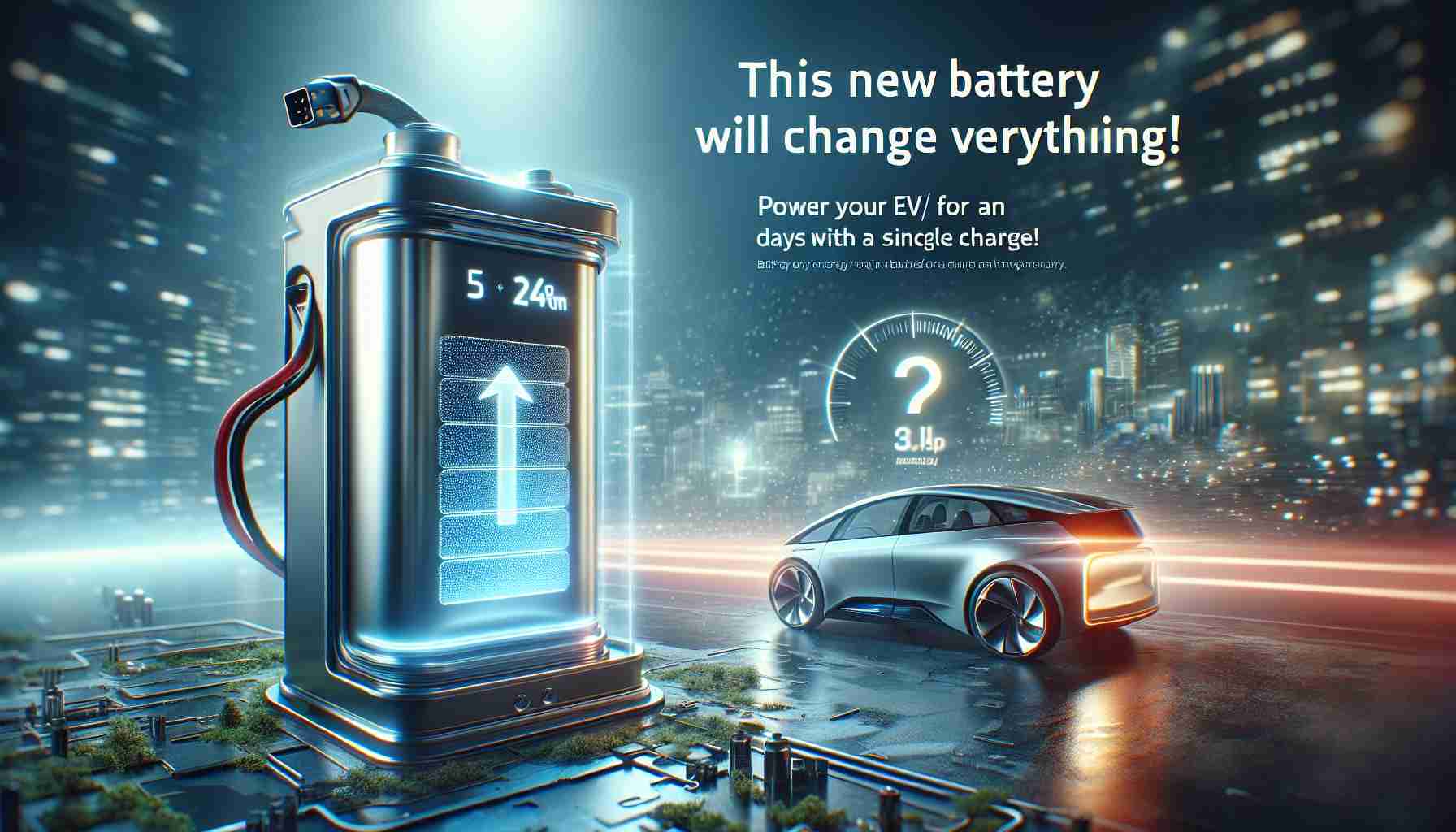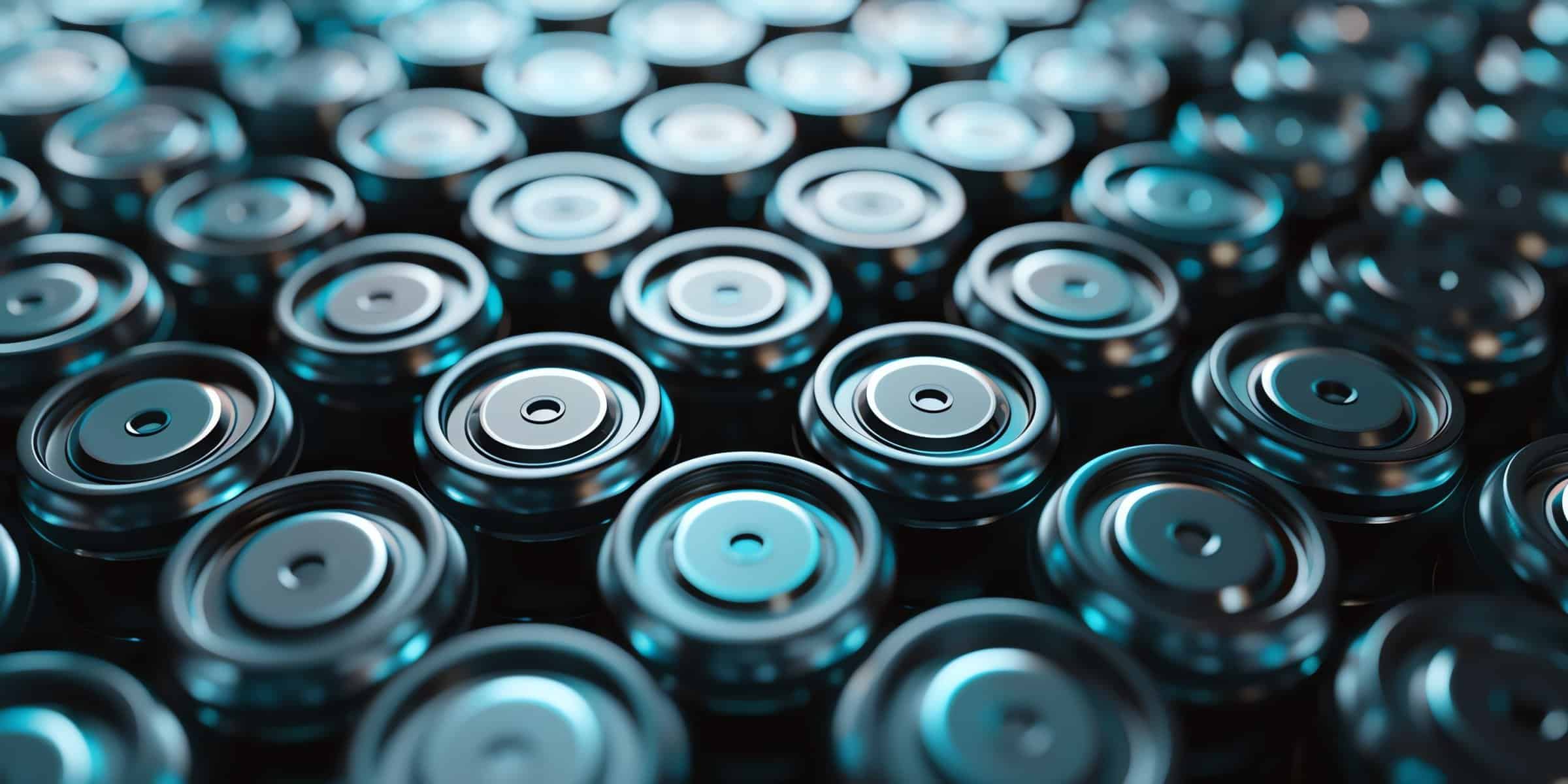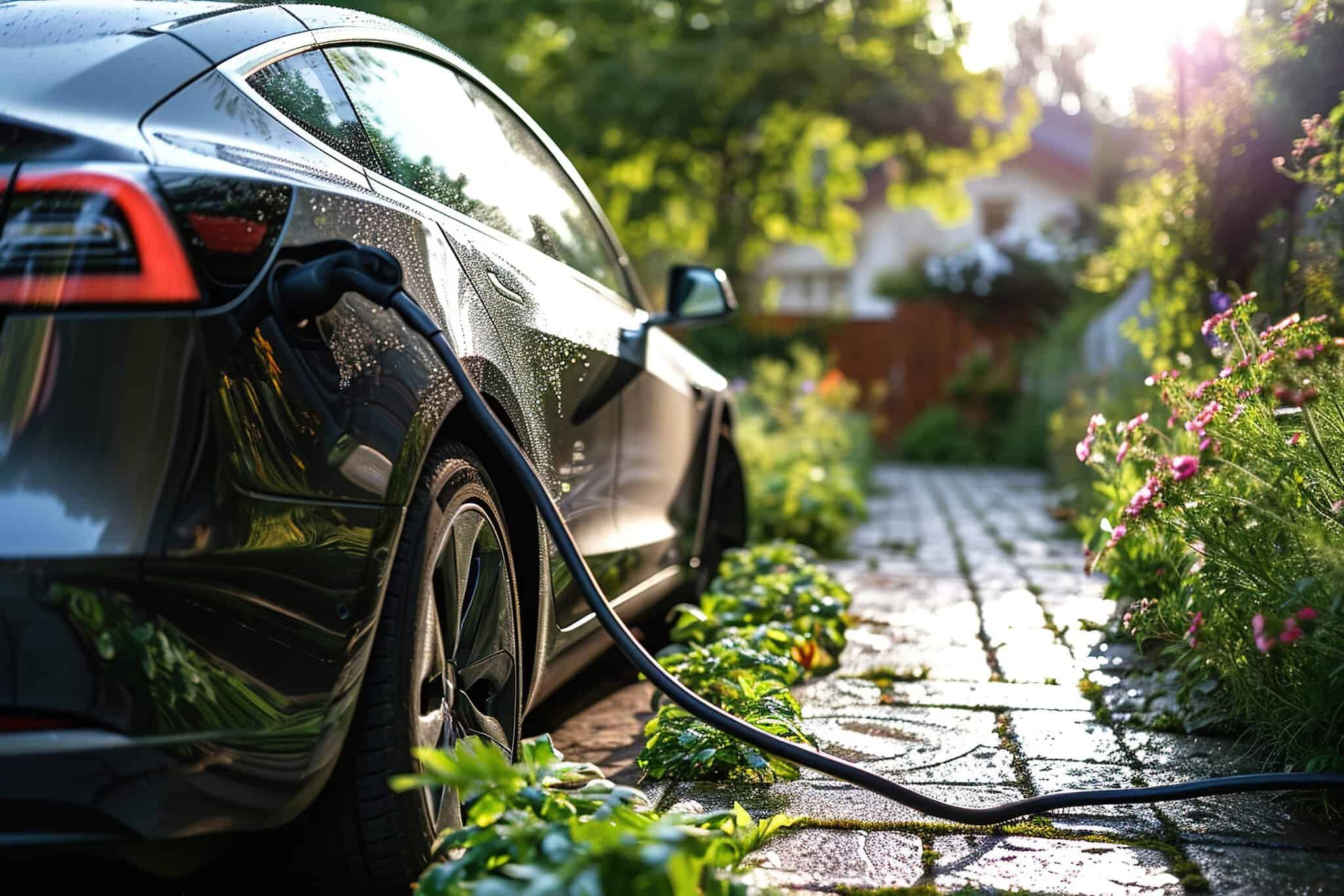CATL, the world’s leading EV battery manufacturer, is pioneering a breakthrough with its cutting-edge all-solid-state battery technology. Reports indicate that the company has moved into trial production, signalling that these revolutionary batteries could hit the market sooner than anticipated.
CATL has recently entered the trial production phase for its 20 Ah battery samples. This development follows a substantial increase in its research and development team, with over 1,000 new hires this year alone. It appears that CATL is currently in the final Sulfide stage, as it begins crafting 20 Ah samples.
The proposed battery technology offers an impressive energy density of up to 500 Wh/kg, representing a 40% improvement over existing batteries. However, further enhancements are necessary in terms of charging speed and lifecycle durability.
Once trial production is complete, the focus will shift to optimising production technology, a process facilitated by the growing workforce. Earlier this year, Wu Kai, CATL’s chief scientist, revealed a new verification platform for 10 Ah all-solid-state battery cells. He projected that small-scale production could commence by 2027.
Globally, significant interest surrounds solid-state batteries, with major organisations such as Toyota, Mercedes-Benz, and Stellantis investing in this cutting-edge technology. As of September 2024, CATL leads the market with a 36.7% share, surpassing competitors like BYD, which holds 16.4%. BYD also plans to launch solid-state batteries and predicts these could become common within five years.
With these strides, CATL is set to transform the electric vehicle landscape, promising longer ranges and higher efficiency for future EVs.
The Future of Energy: Unraveling the Untapped Potential and Perils of Solid-State Batteries
Introduction: The Rise of Solid-State Batteries
As the race for efficient and innovative energy solutions continues, solid-state batteries stand as a promising frontier in the ever-evolving landscape of electric vehicle technology. With CATL leading the charge, this technology—poised to revolutionise various industries—offers fresh insights and potential tremors expected to ripple through global economies and societies.
Societal Impact: Powering Change on a Global Scale
The advancement of solid-state battery technology could spearhead significant shifts in how communities utilise energy. By delivering batteries with higher energy density, such as those projected by CATL, electric vehicles (EVs) could become far more attractive to consumers. This would, in turn, accelerate the transition towards cleaner energy and play a crucial role in reducing the carbon footprint of automotive transportation.
Beyond just powering cars, these batteries could revolutionise energy storage solutions, enabling more efficient storage of renewable energy and making power grids more resilient.
Advantages: An Era of Improved Efficiency and Sustainability
The prospective advantages of solid-state batteries are manifold:
– Longer Range for Electric Vehicles: With an energy density that surpasses current lithium-ion batteries by 40%, these batteries promise significantly longer travel distances on a single charge.
– Enhanced Safety: Solid electrolytes reduce the risk of leaks and fires, a critical concern with liquid electrolyte-based lithium-ion batteries.
– Sustainability: The shift from liquid to solid electrolytes could lower the environmental impact of battery production and disposal.
Disadvantages and Controversies: The Roadblocks Ahead
However, this rechargeable utopia is not without its challenges:
– Production Complexity and Cost: The intricate production process of solid-state batteries might lead to higher costs initially, potentially slowing down widespread adoption.
– Charging Speed and Lifecycle: Despite advancement, concerns remain over the speed at which these batteries charge and how their lifespan measures against current technology.
– Material Sourcing: As with any new technology, sourcing the essential materials ethically and sustainably presents an ongoing issue.
Global Landscape: Key Players and Market Dynamics
The race to solid-state supremacy has drawn interest from automotive giants and tech firms worldwide. Companies like Toyota and Mercedes-Benz are making significant investments, indicating a rapidly growing market. Yet, CATL’s initiative in trial production places the company at the forefront of this energy revolution.
As we look further, key partnerships and strategic alliances could define the future. Will companies collaborate for research, or will competitive tensions ignite new rivalries?
Questioning the Future: What Lies Ahead?
– Are consumers ready for heavier investments in EV technology?
– How will governments react to facilitate or regulate this massive shift towards solid-state batteries?
– Will there be an evolution in related industries, such as charging infrastructure and energy supply chains?
Conclusion: A New Chapter in Energy Evolution
The move towards solid-state batteries heralds a promising leap for EVs and energy storage. While CATL’s advances mark significant progress, the complete potential and pitfalls of this technology will unfold over time. Communities, policymakers, and industries are at the cusp of witnessing an energy transformation that demands balance between innovation and sustainability.
For further reading about cutting-edge energy technology and its global impact, please explore resources like Wired and Bloomberg.























